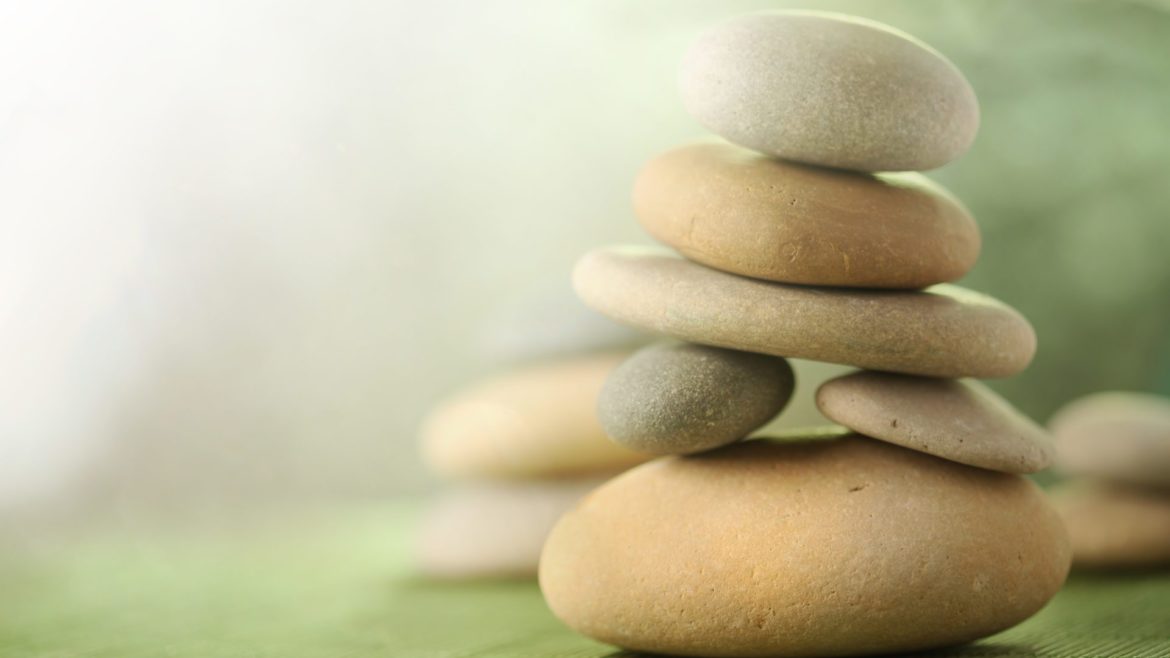As someone who has worked in the behavioral health field for nearly 20 years, I have observed trends that clinicians refer to as “patterns in behaviors,” and these that have manifested during COVID have resulted in some of the most difficult of my entire career. Unfortunately, it’s clear that the implications of the pandemic will continue to impact large segments of our population for years to come. Of particular importance is our children, and it is vital that we recognize this so that we can better support them — and ourselves — to get through this.
Recent patterns in behavior for children and adolescents show increasing cases of depression and anxiety, with many adolescents in the U.S. reporting personal trauma as a result of losing in-person learning. Some students’ individual educational plans were terribly affected, and of course sports and other extracurricular activities also stopped suddenly, so children’s physical activity levels were drastically reduced, with young people losing important socializing opportunities. Whether brought about by the suddenness of the shift or that school was their only truly safe place, many children have experienced a loss of safety and continuity that came with the structures that they had in place before 2020.
These sudden changes quickly led pediatricians to report increases in adverse diagnoses in our young people: sleep disorders skyrocketed, in particular, which doctors attributed to the loss of routine, as well as excessive screentime in children at earlier ages than in pre-COVID times. Our devices did often create an escape from this new, more harsh reality for many children, and for many adults too, as they became a pale substitute for much of their authentic human interactions.
The drastic changes in our students’ schooling and many adults’ news ways of work, and in how we all consumed our entertainment, created a waterfall of unintended consequences. Many of us have attempted to self-medicate with alcohol and drug use to manage our stress, anxiety and even the depression that we feel, but this is, of course, fraught with its own many pitfalls.
The ultimate impact of all this is yet unknown; however, what we do know is that our mental health has been disrupted.
Where do we go from here? Let’s go back to where we started – our children. As parents or grandparents, we must recognize that our children are the primary and most essential link to a productive and relatively happy future in society, and they are worth our time and care as much or more than anything else.
While some of us parents are experiencing our own pains associated with changes in the workplace and society at large, we must keep a check on our own health and wellbeing. It is easy and a normal reaction to get lost in times of crises, so listen to your body. When we minimize or deny ourselves the time for our mental health, our body lets us know. As the flight attendant reminds us, “In the event of an emergency, put your own oxygen mask on first.”
Protect your time. Do not fall for the belief that you do not have time for self-care, but rather protect it and make it sacred. Define your self-care so you can organize your time and resources to make it happen. Connection to yourself and to our loved ones is key to recovery.
Take advantage of health and wellbeing services or products available to you: when we are physically and mentally aligned and well, we can make more sound decisions and practice better emotional intelligence. We also gain deeper insight into behaviors that foster supportive, creative and safe environments for our friends, family, co-workers, and most importantly for our children and young adults.
Find positive outlets for your energy … reconnect with family and friends … and most importantly, reconnect with yourself. When you take care of you, then you can be equipped to better take care of others.
By Patty Nodine

